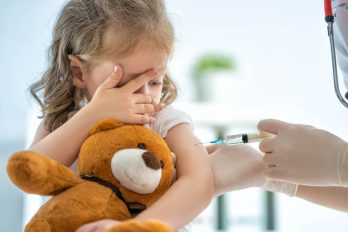As the seasons change from summer to autumn, many children begin to get the first sniffles of the year. While you might have easily been able to write this off in the past, the continued prevalence of COVID-19 has made even what might have once been an inconsequential cough seem overly threatening. As such, it’s incredibly important to know how to deal with something like the common cold in times of more heightened scrutiny.
Understanding the Symptoms
The first and perhaps most important thing you’ll need to know how to do is to separate out symptoms of the common cold from COVID symptoms. While some of the symptoms, like a cough or even a mild fever, might be present in both, there are other symptoms that are relatively unique to COVID. For example, any loss of a child’s sense of smell or taste is usually a good sign that a test is needed, as are stomach problems like diarrhea. Respiratory issues are also an issue, as you’ll want to seek care if your child is having trouble breathing even if they aren’t positive for COVID-19.
It’s also generally a better idea to be safe than to be sorry. If you think that your child’s cold is more than just a cold, keep them home even if they don’t seem to have serious symptoms. If the symptoms persist or get worse, call your pediatrician to get guidance. In many cases, your pediatrician will suggest that you get your child tested.
One of the toughest things to deal with is the fact that the common cold is just as likely to occur as it ever was. Unfortunately, this means that you’re going to have to deal with many false alarms during this cold and flu season, but that’s just the nature of the world today. As long as you’re careful and consult with your doctor as necessary, you can help to safeguard your child’s health.




